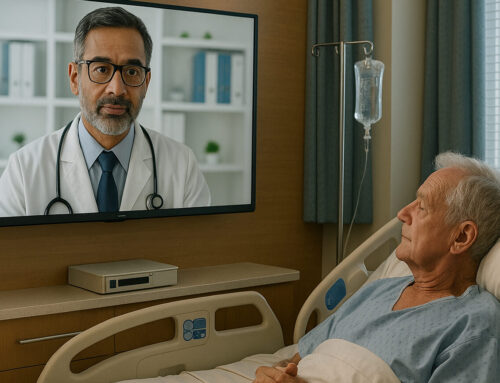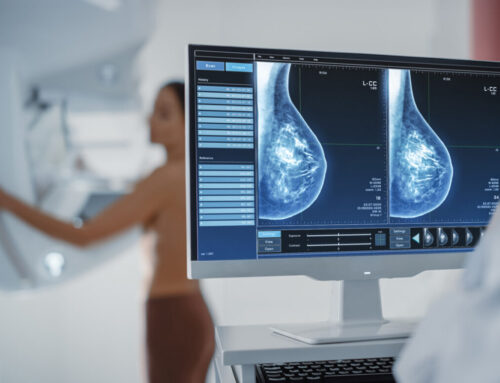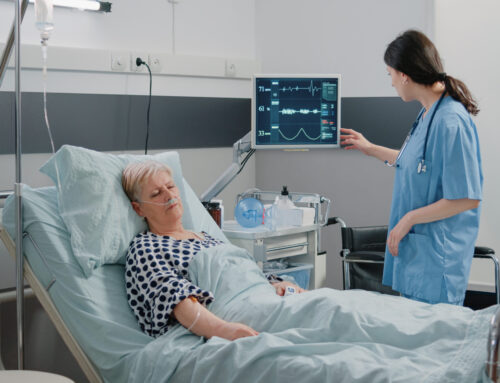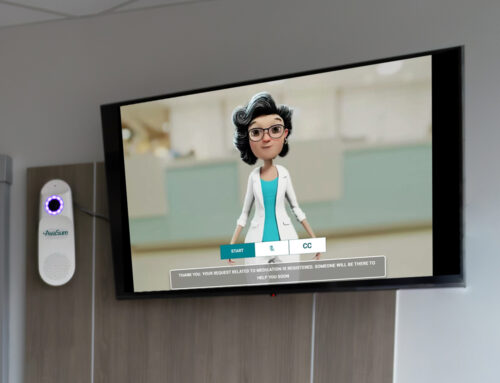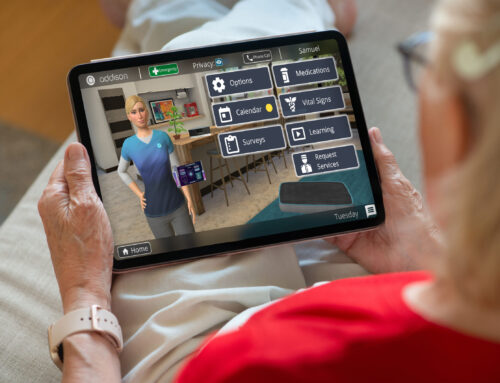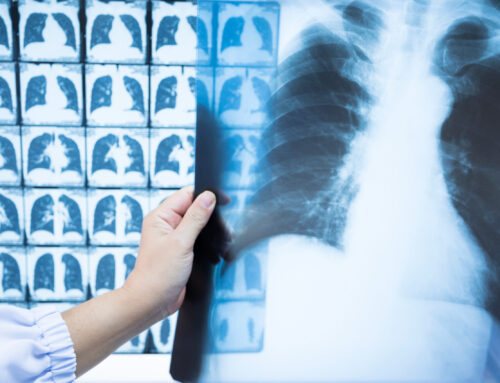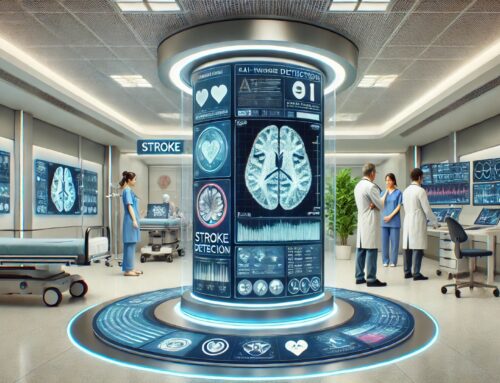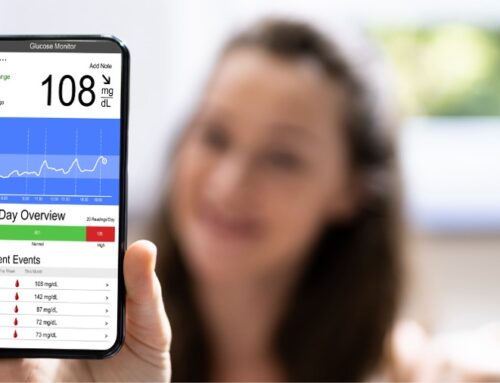Modern cancer diagnosis tests and treatments are based on what works for adults. A new technology, NV-VPAC1™, may help doctors better and more accurately diagnose childhood cancers, according to developer NuView Life Sciences.
Last year, the National Cancer Institute estimated that over 11,000 new cancer cases would be diagnosed in American children.(1) In most cases, doctors don’t know what causes childhood cancers—unlike adults, children haven’t been exposed to various cancer-causing substances over a long period of time, and they also aren’t subject to the effects of aging on the body which may result in cancer in adults. Only about 5% of pediatric cancers are linked to specific genetic mutations which are inherited from a child’s parents.(1) While the American Cancer Society estimates that up to 84% of children with cancer will survive for five years or longer as a result of current treatments,(2) there is still a need for better pediatric diagnostic and treatment options.
Paul Crowe, CEO of NuView Life Sciences, says, “Many of the current diagnostic tests and treatment options for pediatric cancers are based on information derived from methods used in adult patients and may affect kids negatively. When our clinical trials resume [post-COVID-19], we hope to show that our proprietary technology, NV-VPAC1™, actually helps make cancer diagnosis easier, detected earlier, and lead to more precise treatments that are individualized for younger patients.”
Today’s diagnostic tools often rely on invasive procedures, like surgical biopsies, or scans that use radiation to accurately pinpoint cancers in children. NV-VPAC1 is poised to change all that by using a shed cell assay originally developed by Drs. Madhukar Thakur and Leonard Gomella at Thomas Jefferson University. Dr. Jill Helmke, D. Ph, N. Ph., explains, “We try to protect kids as much as possible, even when we have to test them for suspected cancer. NV-VPAC1 in pediatric use is being geared to positively identify cancer cells, which eliminates the need for more invasive and potentially harmful testing.”
Dr. Gil Padula, MD, Chief Medical Officer University Hospitals St. John Medical Center, who specializes in Radiation Oncology, adds, “Pediatric cancers are now more treatable than before. At the moment, we are trying to avoid late effects. Earlier detection could lead to less morbidity of treatment in a population that is growing. Second cancers are always a risk and by picking them up early, we can avoid toxicity like we were unable to do in the past.”
NuView’s state-of-the-art technology, NV-VPAC1, could benefits kids tremendously—if a child has suspected kidney cancer, for example, doctors would only need a voided urine specimen to test for the presence of and positively identify shed cancer cells.
As an in vitro diagnostic test, NV-VPAC1 could be commonly used to help diagnose childhood cancers. Since the test is done outside the body, in vitro pediatric trials would be able to show high sensitivity and specificity, as well as reproducibility in the laboratory. However, many researchers don’t want to pursue pediatric clinical trials until after results using the same medical process have been obtained for adults.
NV-VPAC1 could be the answer patients, parents, and providers are looking for, and clinical trials using NuView’s new technology are expected to resume in the near future. “We hope to show that NV-VPAC1 is a safer and more precise way to diagnose pediatric cancers compared to current diagnostic methods which are geared more for adults. Once the technology has jumped that hurdle, we’ll move on to exploring how it can be used to deliver effective cancer treatment to children of all ages, with the goal of getting this tool into the hands of pediatric oncologists as soon as possible” says Dr. Helmke.
About NuView Life Sciences
Founded in 2005, NuView Life Sciences is a clinical-stage oncology company located in Park City, Utah, advancing the way cancer is diagnosed and treated in our modern healthcare system. NuView is focused on creating precision binary cancer diagnostics and theranostics, providing clinicians more choices to improve patient outcomes while reducing healthcare costs through the development and clinical application of its exclusive peptide analog technology, NV-VPAC1™. Led by a team of industry experts with decades of combined experience in healthcare and medical imaging technologies, NuView is developing a new cancer diagnostic technology and subsequently deliver a theranostic approach for effectively treating cancer. To learn more, visit www.nuviewlifesciences.com.
- “Childhood Cancers.” National Cancer Institute, 28 Aug. 2020, cancer.gov/types/childhood-cancers.
- “Key Statistics for Childhood Cancers.” American Cancer Society, 12 Jan. 2021, cancer.org/cancer/cancer-in-children/key-statistics.html.
- “NuView Diagnostics: In Vitro.” NuView Life Sciences, 2021, nuviewlifesciences.com/diagnostics/in-vitro-diagnostics/.

